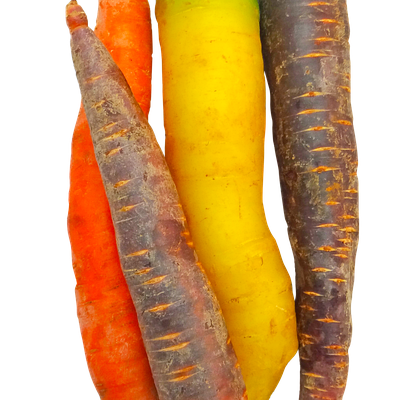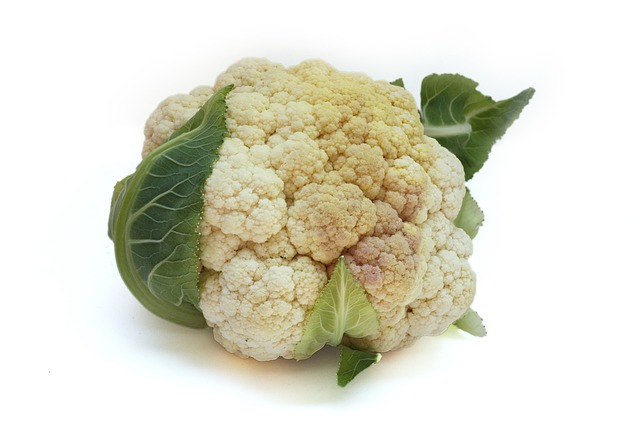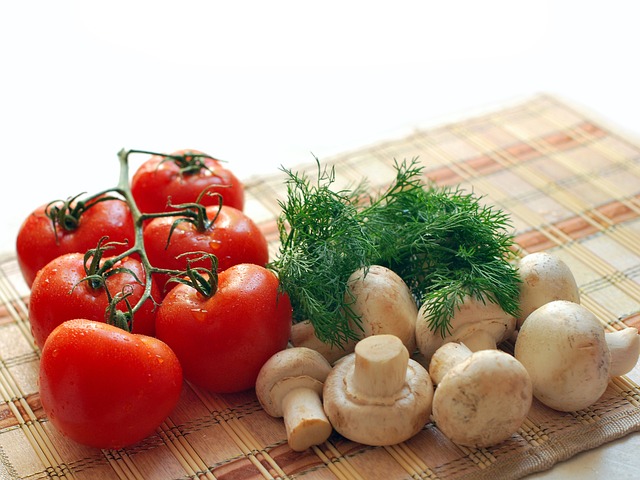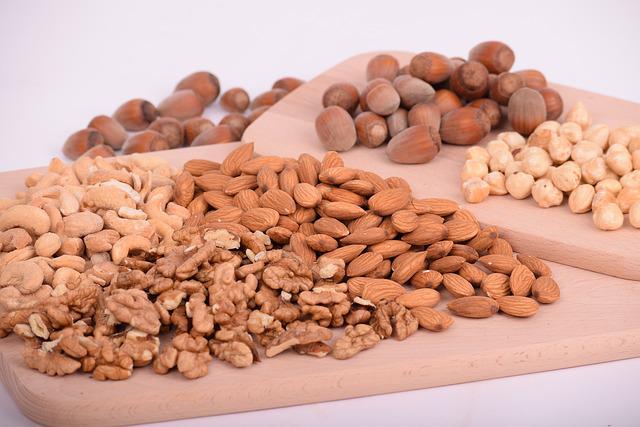The longevity diet advocates a plant-based diet with little to no meat and poultry, as well as intermittent fasting.
The longevity diet is a set of healthy dietary guidelines devised by biochemist Valter Longo, Ph.D. He is the head of the USC Longevity Institute at the USC School of Gerontology. The goal of assisting individuals in living longer, healthier lives.
Although this longevity diet was created for seniors, it has potential health benefits for people of all ages and stages of life.
Benefits of longevity Diet
The core of longevity diet tenets are based on eating less protein, more vegetables, and fasting.
One of these, published in JAMA Internal Medicine in October 2016, examined the food habits and health of over 130,000 healthcare personnel to study longevity diet.
It discovered “High animal protein intake was shown to be positively linked with cardiovascular mortality. Where high plant protein intake was found to be inversely associated with cardiovascular mortality, especially among people who had at least one lifestyle risk factor.
Plant protein substitution for animal protein was related with decreased mortality, indicating the relevance of protein source. Hence, plant protein diet plays positive affect on longevity”
Dr. Longo’s research also discovered significant benefits of fasting, similar to intermittent fasting. The plant-based diet improves factors that have a significant impact on health. Such as body weight, blood pressure, and glucose (sugar) levels in the blood.
What we put into our bodies is important
What we consume has the power to either assist or damage us. Our addiction to processed foods provides inadequate nutrition and is the root cause of diseases such as obesity, cardiovascular disease, and type 2 diabetes.
We should eat meals that energize us, lower our risk of sickness, and help us to maintain a healthy weight. To live healthier and longer, we have to nourish our bodies with nutrient-dense foods. Natural plant based diet can help us regain our health and achieve longevity.
Living into our hundreds brings to mind sci-fi movies with magical anti-aging medicines and bionic organs. It turns out that the key to living longer isn’t so hidden after all. According to studies, living a healthy and happy old age necessitates a number of lifestyle choices. That includes staying away from smoking, having an exercise routine, having an active social life, maintaining a healthy weight, and eating the correct foods.
Although no one item may lengthen your life, there are many foods to be consumed in conjunction with one another to help you live a healthier and longer life.
These 20 foods may help you avoid chronic, life-threatening diseases. They are high in antioxidants, can help lower bad LDL cholesterol levels. They can even aid with blood sugar balance.
Here is a list of foods that you can include in your diet which will assist you in live a healthier and achieve longevity.
Cruciferous Plants
These are vegetable superfoods with the unique capacity to alter human hormones, stimulate the body’s natural detoxification mechanism, and suppress cancer cell growth.
To release their powerful anti-cancer qualities, cruciferous vegetables should be chewed thoroughly or consumed shredded, diced, juiced, or mixed. Sulforaphane, a cruciferous phytochemical, has been identified to protect blood vessel walls from inflammatory signals, which can lead to heart disease.
Cruciferous veggies have the highest nutritional density of any diet which can promote longevity. Consume a range of raw and cooked vegetables on a regular basis, such as broccoli, cauliflower, Brussels sprouts, kale, or cabbage.
Pomegranate
Pomegranate is a distinctive fruit with tiny, crisp, juicy arils that have a wonderful mix of sweet and acidic flavors.
Punicalagin, the most abundant phytochemical in pomegranate, is responsible for more than half of the antioxidant activity in pomegranate juice. Pomegranate phytochemicals contain anti-cancer, cardioprotective, and brain-healthy properties.
A study of patients with severe carotid artery blockages who drank one ounce of pomegranate juice daily for one year discovered a 30% reduction in atherosclerotic plaque; in the control group, atherosclerotic plaque increased by 9%.
In another study of older persons, those who drank pomegranate juice daily for 28 days outperformed those who drank a placebo beverage on a memory challenge. To extract the edible arils from the fruit, score it roughly a half-inch deep on the diameter, twist it to split it in half, then pound the back with the back of a large spoon.
Mushrooms
Eating mushrooms on a regular basis has been linked to a lower risk of getting breast cancer. White and portobello mushrooms are especially beneficial against breast cancer because they contain aromatase inhibitors, which prevent the production of estrogen.
Mushrooms have a wide range of health benefits. Anti-inflammatory effects, increased immune cell activity, protection of DNA damage, slower cancer cell development, and angiogenesis suppression have all been discovered in studies on various varieties of mushrooms.
Mushrooms should always be cooked; raw mushrooms contain agaritine and is a potentially carcinogenic chemical that is considerably decreased by cooking. Include basic white mushrooms on a regular basis, and experiment with more exotic varieties such as shiitake, oyster, maitake, or reishi.
Garlic with onions
Onions are a part of the allium family of plants, which benefits the cardiovascular and immunological systems as well as has anti-diabetic and anti-cancer properties. Allium vegetable consumption is linked to a decreased incidence of stomach and prostate cancer.
These vegetables are noted for their organosulfur compounds. Garlic and onions may help in cancer prevention by detoxifying carcinogens, preventing cancer cell proliferation, and inhibiting angiogenesis.
When these compounds are chopped, crushed, or eaten, they release these chemicals. Onions also contain significant levels of health-promoting flavonoid antioxidants, which have anti-inflammatory properties and may help prevent cancer. Try leeks, chives, shallots, and scallions in addition to garlic and yellow onions.
Greens with a lot of leaves: key to longevity diet
Leafy greens such as spinach, kale, arugula, mesclun, and romaine are among the healthiest foods available. In fact, the top 15 nutrient-dense forms of vegetables in research done by William Paterson University were all greens.
These leafy greens should be the foundation of a balanced diet to help fight disease-causing inflammation.
A separate study found that eating at least one serving of leafy greens per day reduced the risk of all types of cancer by 8%. The same intake was connected to a 15.8% lower risk of cardiovascular disease which is the top cause of death for American adults.
Olive Oil – Extra Virgin
This oil is a staple of the Mediterranean diet, which has long been seen to be the healthiest diet for longevity. The high concentration of heart-healthy monounsaturated fats in EVOO, according to researchers, is a crucial influence.
Extra virgin olive oil also contains polyphenols, which are powerful antioxidants that may help protect your brain. According to some studies, the antioxidants present in EVOO have a vital role in reducing the start and progression of Alzheimer’s disease.
Secondary research published in the Journal of Alzheimer’s Disease discovered that these antioxidants improve learning and memory deficiencies.
Don’t miss The One Thing to Eat for a Sharper Brain, According to a Nutritionist.
Almonds can Contribute to Longevity Diet
Almonds are nature’s ideal snack, packed with fiber, protein, and heart-healthy fats. They may also help you live a longer life. According to research published in The New England Journal of Medicine, people who ate the most nuts had a lower risk of dying from any disease, including cancer, heart disease, or lung disease.
Don’t forget to check out Popular Foods With More Vitamin E Than Nuts.
Walnuts
Walnuts, like almonds, are high in good-for-you monounsaturated fats and can help lower harmful cholesterol. Nuts may also aid in preventing cognitive decline; for Alzheimer’s Disease. Consuming walnuts was related to improved memory. Researchers believe the antioxidants in walnuts may be to blame.
Avocado is another contributor to longevity diet
Avocados are more than simply a trendy toast topping. The monounsaturated fats in avocados may help decrease cholesterol which can prevent heart disease-related conditions. These healthy fats also help you to eat less by making you feel satiated for longer periods of time.
And there may be some potent disease-fighting components. A study published in the journal Cancer Research discovered that chemicals in avocados targeted stem cells of acute myeloid leukemia (AML). Which is an aggressive kind of cancer that kills 90% of persons over the age of 65.
Chia Seeds
Getting adequate fiber is one of the secrets to a healthy diet. Fiber is essential for controlling your hunger and maintaining a healthy blood sugar level. Chia seeds are surprisingly high in fiber, with 6 grams in just two tablespoons, equaling 22% of your daily value.
They can also help reduce the chance of developing type 2 diabetes and cardiovascular disease. Some studies discovered that increasing dietary fiber consumption dramatically reduced the chance of death. Chia seeds are simple to incorporate into yogurt or weight loss smoothies or to sprinkle on top of a salad.
Oatmeal
Many avoid carb-heavy meals such as oatmeal, although this fiber-rich grain can help manage cholesterol. The beta-glucan in oats has been demonstrated to lower LDL or “bad” cholesterol levels. Consuming oats rich in beta-glucan helps lower levels of LDL cholesterol in your system, which can minimize your risk of cardiovascular disease.
Cayenne peppers
Red vegetables and fruits have high levels of vitamins, and red and orange bell peppers, in particular, are high in antioxidants. Per cup sliced, they provide an excellent source of vitamin A (26% DV), vitamin C (150% DV), and a decent source of vitamin B6 (16% DV).
Red bell peppers also have phytochemicals and carotenoids, both of which are antioxidants with anti-inflammatory and potentially life-extending qualities. Higher carotenoid levels were connected to a lower risk of mortality in women over their 60s.
Berries for longevity diet
These antioxidant-rich fruits are excellent for your heart. Participants in studies who ate blueberries or strawberries daily for several weeks saw improvements in blood pressure, oxidative stress, and total and LDL cholesterol.
Berries contain anti-cancer qualities and are wonderful brain food. There is evidence that eating berries may help reduce cognitive impairment as we age. Stay with tried-and-true strawberry or blueberry flavors, or try something different, like goji berries.



